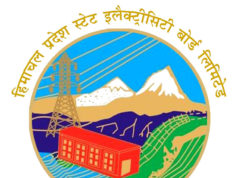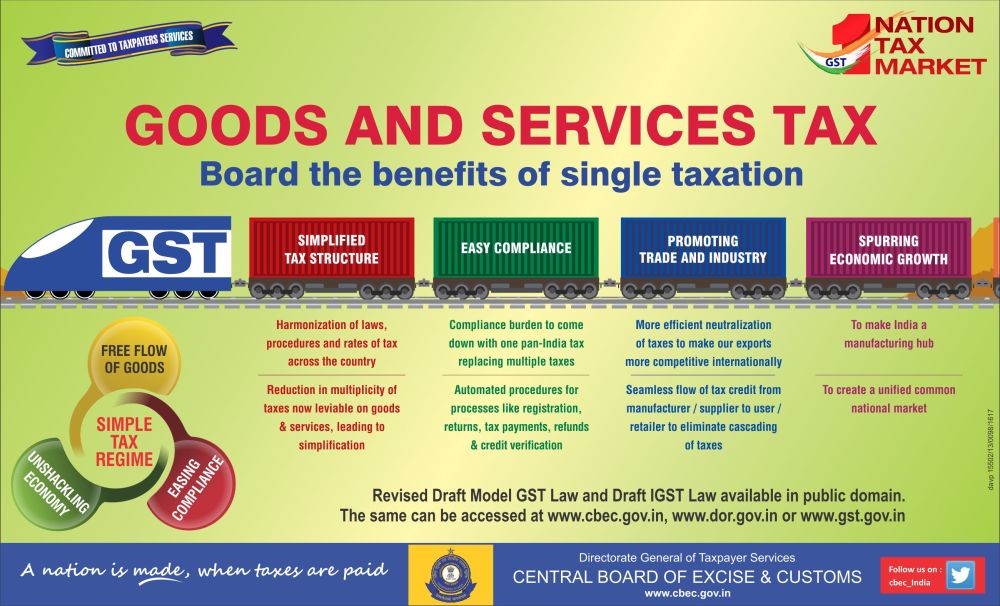Shimla — A critical project aimed at upgrading the electricity infrastructure in Himachal Pradesh, funded by the World Bank, is in jeopardy due to a contentious tender process. The controversy has led the Electricity Board to request an additional Rs 65 crore 21 lakh from the state government, a request that has been met with resistance from the Finance Department.
The tender, which was supposed to facilitate significant improvements in the electricity systems of seven major cities, has come under scrutiny after only one company submitted a bid, quoting a price of Rs 240.84 crore. This figure is considerably higher than the initially set rate of Rs 175.63 crore. The Electricity Board has attributed the increase to rising costs over the past two years and has provided a detailed explanation to the Finance Department, justifying the single bid tender at a 39% higher rate.
Despite these justifications, the Finance Department has raised objections and is not prepared to release the additional funds. This standoff has put the entire project on hold, with the Electricity Board stating that they cannot proceed without the necessary funding. The Finance Department has maintained its stance, citing the need for a more competitive bidding process.
Adding to the complexity of the situation, the procurement of 26 lakh smart electricity meters is also stalled. A decision on this matter is expected only after discussions with Chief Minister Sukhwinder Singh Sukhu. The Chief Minister’s intervention is seen as crucial in resolving the current impasse and determining whether the tender will be cancelled and reissued.
The cities impacted by this delay include Solan, Parwanoo, Baddi, Nalagarh, Nahan, Paonta Sahib, and Kala Amb. The upgrade, particularly in Baddi, is vital, with planned improvements including the upgrading of substations, laying new cables, and installing new transformers, all at an estimated cost of Rs 58 crore.
This infrastructure upgrade is part of the Power Sector Development Program, which is supported by the World Bank through an agreement between the state and central governments under the Uday project. The successful implementation of this project is essential for the state to receive further funding from the World Bank.
On July 8, the Electricity Board sent a letter to the Finance Department, stressing the urgency of the situation and the need for additional funds to avoid cancelling the tender. The Finance Department has remained firm, refusing to allocate the additional money and preparing to present their objections to the Chief Minister.
As the controversy continues, the potential for re-tendering looms large, driven by both the Finance Department’s objections and opposition concerns. The ultimate resolution of this issue rests with Chief Minister Sukhu, who must balance the need for fiscal responsibility with the urgent need for infrastructure development.







